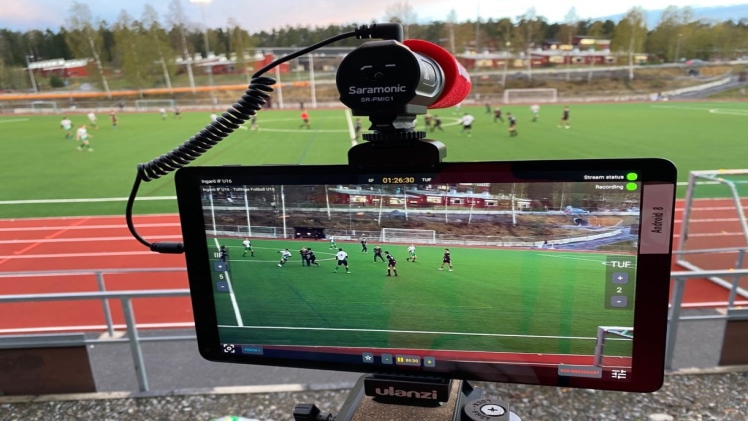Before you pursue a career in sports broadcasting, make sure you know the specific requirements for this field. Learn about the education and experience requirements, as well as possible internships. Then, create a plan to acquire broadcast training. To succeed in your internship, you must network and practice your broadcast skills. Smart interns can start their own podcast and interview air talent. If possible, they can even ask a sportscaster for a critique.
Internship opportunities
The sports broadcasting industry is one that offers a wide range of internship opportunities. Some internships may require you to work live on the air, while others may involve a variety of roles behind the scenes. In some cases, you may even be part of the operating board, ensuring that a broadcast runs smoothly.
For a successful internship, it’s important to have a strong passion for sports broadcasting. It is also helpful if you have some previous experience in broadcasting or media relations. In addition, you must be good at communicating and writing under deadline. You should also be computer savvy. If you have experience with webcasting, this will be an asset as well. Finally, you should be willing to work long hours.
If you’re interested in sports broadcasting 해외스포츠중계, ESPN is a great place to begin your internship. This company offers several internships during the summer and fall semesters. The deadline for applications is December, and the internship is usually 10 weeks long. Depending on the location, interns may receive a salary while working.
Earning potential
While sports broadcasting may be one of the most well-known fields, it’s also one of the most competitive. It’s important to be knowledgeable about the latest trends and technologies, and to maintain a sharp eye on the field. By reading magazines, blogs, and online publications, you can learn about new opportunities. You can also follow professional teams and leagues to stay up to date on the latest news and trends. Additionally, you can join associations and organizations such as the National Association of Broadcasters (NAB), which provides networking and training opportunities for media professionals. In addition, the NAB’s Career Center provides listings of available jobs, and provides a variety of career development tools to assist those seeking employment in the field.
Becoming a sports broadcaster requires an avid interest in sports and the ability to explain the events on the field in a way that resonates with an audience. As a sports fan, you may have thought about being a sports commentator, and thousands of people try out for this career every year.
Education requirements
While an education is important for sports broadcasters, many people achieve success in the field without a degree. Internships are an excellent way to gain generalized media experience. Additionally, some broadcasting organizations have training programs that pair up emerging sportscasters with more experienced broadcasters. These mentors can serve as professional references.
Those who are interested in becoming a sports broadcaster can earn a bachelor’s degree from an accredited college or university. While earning a bachelor’s degree, students can focus on a sports-related major or electives in media marketing or public speaking. Broadcasting is a competitive field.
A sports broadcaster writes, delivers, and analyzes sports news, offers commentary on team strategies, and provides play-by-play coverage of games. The job also requires travel to various sporting events and venues. In addition, sports broadcasters often handle off-air tasks like reporting game scores, reading scripts, and reporting from the field.
Career paths
In order to break into the sports broadcasting industry, you must have excellent marketing and audience building skills. You can work for a small local broadcaster or a large national network. You also need to be able to sell yourself to potential employers. Here are some tips for getting noticed by people you meet in the industry.
Sports broadcasting is an exciting career field. The benefits are many, and the job is highly competitive. A successful sports broadcaster must be willing to constantly learn and improve. This means taking courses that will help them stay competitive. This can be done in high school and college. Depending on your interests, you can pursue a career in sports broadcasting after graduation.
Conclusion
Once you have mastered the basics, you can move on to bigger teams or stations. However, it is a good idea to seek out an agent who has contacts in the industry. These agents will be able to negotiate for you with potential employers.


